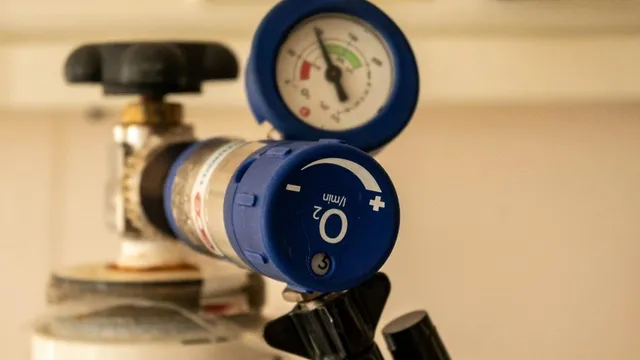- By Shivangi Sharma
- Thu, 04 Sep 2025 08:32 PM (IST)
- Source:JND
An elderly woman from Japan’s Hokkaido island has fallen victim to a bizarre online romance scam, where a conman posing as an astronaut convinced her to send Rs 5.5 lakh to help him “buy oxygen” in space.
According to local police, the pensioner met the fraudster on a social media app in July. The man, claiming to be an astronaut, began wooing her with promises of love and companionship. As the online exchanges deepened, the woman developed feelings for him. Eventually, the scammer spun an elaborate story, telling her he was “aboard a spaceship” and “under attack,” and urgently needed money for oxygen supplies. Trusting him, she wired the funds.
Authorities described the case as a “typical romance scam” that exploits vulnerable, often elderly individuals living alone. Local media reported that the woman believed she was helping someone in danger until she realised she had been deceived.
Growing Menace In Japan
Romance scams are on the rise in Japan. The National Police Agency reported 3,326 cases in the first 11 months of 2024, more than double the previous year. Losses amounted to ¥34.6 billion (£173.8m), also twice the 2023 total, according to the Japan Times. Japan’s ageing population makes it a prime target, with elderly citizens particularly susceptible to such schemes.
Fraudsters often employ other common ploys, such as the “it’s me” scam, where criminals impersonate relatives in urgent financial trouble, or fake ATM refunds of pension and insurance payments.
The Hokkaido case mirrors a broader global trend. In the UK, one in ten adults has been targeted or knows someone affected by romance scams, with victims over 61 losing an average of £19,000 each in 2024, according to Barclays.
In the United States, the Federal Trade Commission reported that more than 64,000 people lost over USD 1 billion to romance scams in 2023, nearly double the figure from four years earlier. Lawmakers, including Rep. Brittany Pettersen of Colorado, have called on tech platforms to improve safeguards, warning that online deception is advancing faster than users’ ability to recognise it.
ALSO READ: WTF: Trump's Harvard Funding Cut Backfires, US Court Reverses $2.6 Billion Research Grant
While the “astronaut oxygen” ruse stands out for its absurdity, experts note that it underscores a serious issue: the emotional vulnerability of isolated individuals combined with the anonymity of the internet. As Rep. David Valadao of California warned, “No matter how advanced you think your ability to understand what’s out there, they’re gonna deceive so many people.”

